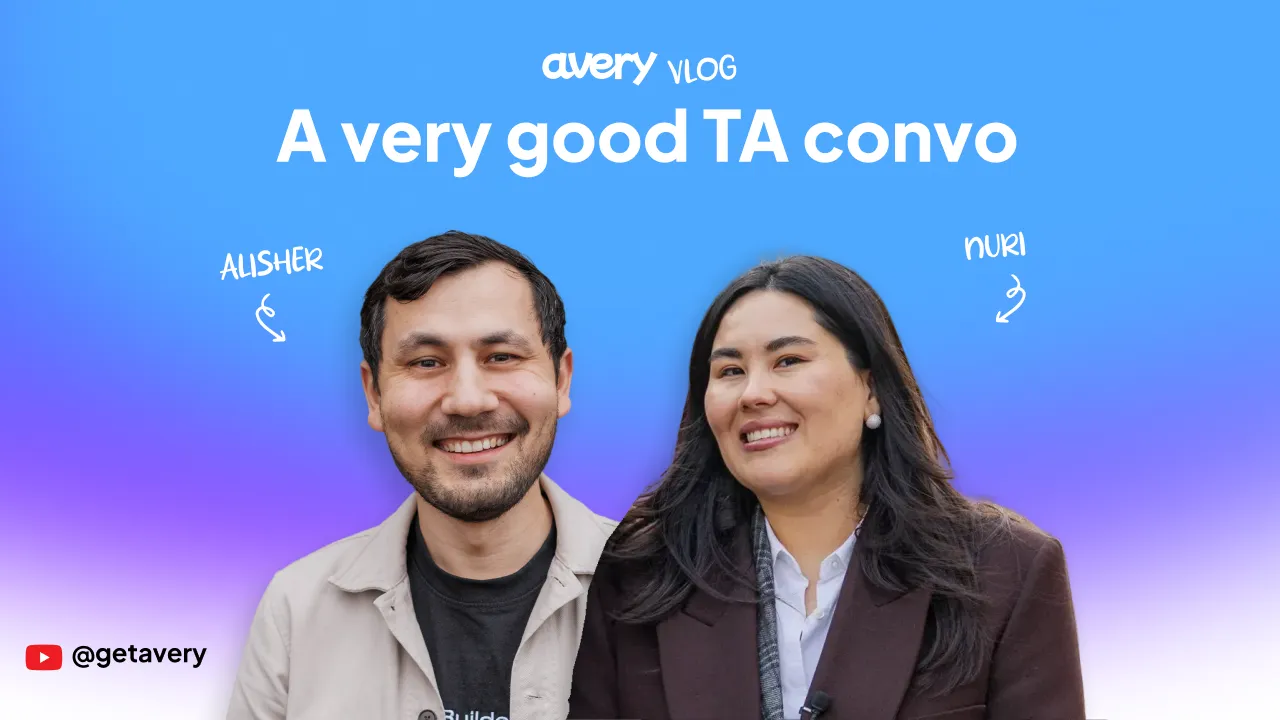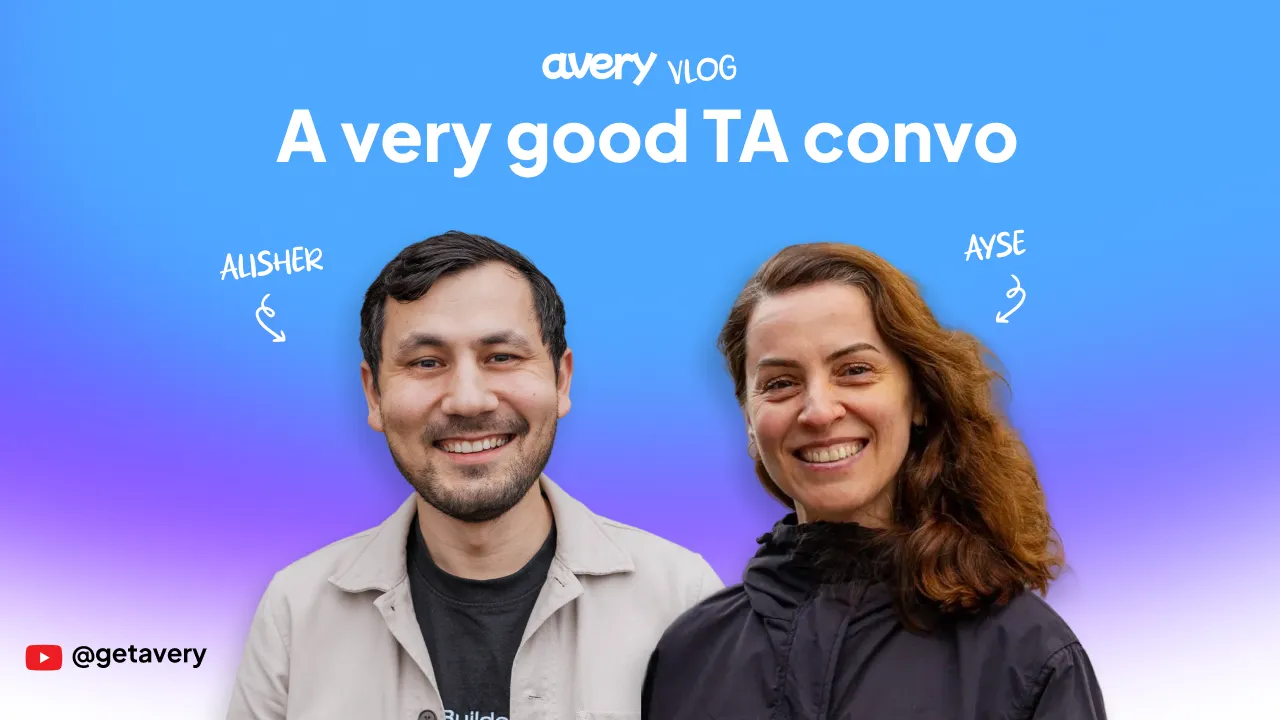The death of the degree: why your best hires don't have perfect resumes
Article created in collaboration with Giuseppe Stivaletta, Head of Talent Acquisition & Learning & HRIS at Sicuritalia S.p.A.

Here's a reality check: Your competitors are already hiring the talent you're rejecting.
While you're still filtering candidates by their alma mater, 85% of companies globally have moved to skills-based hiring. They're accessing talent pools 6.1x larger than yours, reducing mis-hires by 90%, and making decisions that are 5x more predictive of actual job performance.
The hiring revolution isn't coming — it's here. And if you're not part of it, you're losing the war for talent before the battle even begins.
I recently spoke with Giuseppe Stivaletta, Head of Talent Acquisition & Learning & HRIS at Sicuritalia S.p.A., who brings ~20 years of experience in TA and learning to this conversation. As a professor, book author, and HRTech expert, Giuseppe's insights reveal that while the statistics are compelling — skills-based hiring is 5x more predictive of job performance than education-based hiring — the real challenge lies in the human elements of implementation.
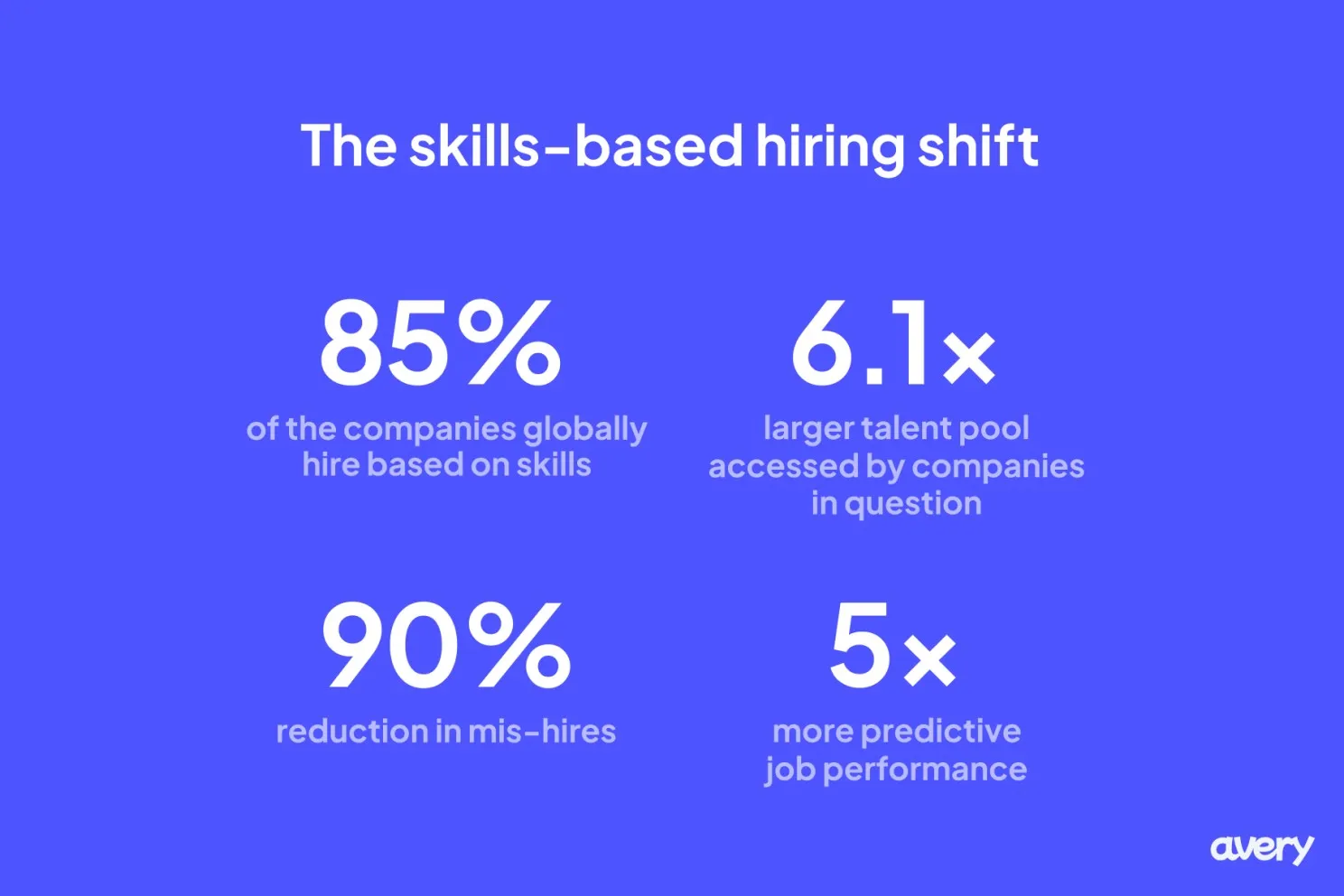
The framework challenge: moving beyond one-size-fits-all
"I don't know which model works best yet since they've just been released," admits Giuseppe, referring to emerging frameworks like SHRM's Skills First Future and Draup's Skills Quadrant. This honest assessment reflects a crucial reality: we're still in the early stages of understanding what works.
What does work, according to his two decades of experience, is a structured approach built around five distinct competency types: Hard, Soft, Professional, Managerial, and Leadership skills. This framework, detailed in his book "Talent Acquisition with a Skill-Based Approach in the Age of Artificial Intelligence" (published and available on Amazon), ensures alignment not just with the role, but with company culture, team dynamics, and management style — a holistic approach that goes far beyond traditional skill checklists.
This perspective aligns with research showing that 90% of employers using skills-based hiring have reduced mis-hires, while 91% have boosted retention rates. The difference between success and failure isn't just identifying skills — it's ensuring those skills fit within the broader organizational ecosystem.
Real impact at Sicuritalia: Giuseppe's approach has enabled more precise matching between candidates and roles, focusing on cultural fit alongside technical capabilities — a critical factor often overlooked in traditional hiring processes.
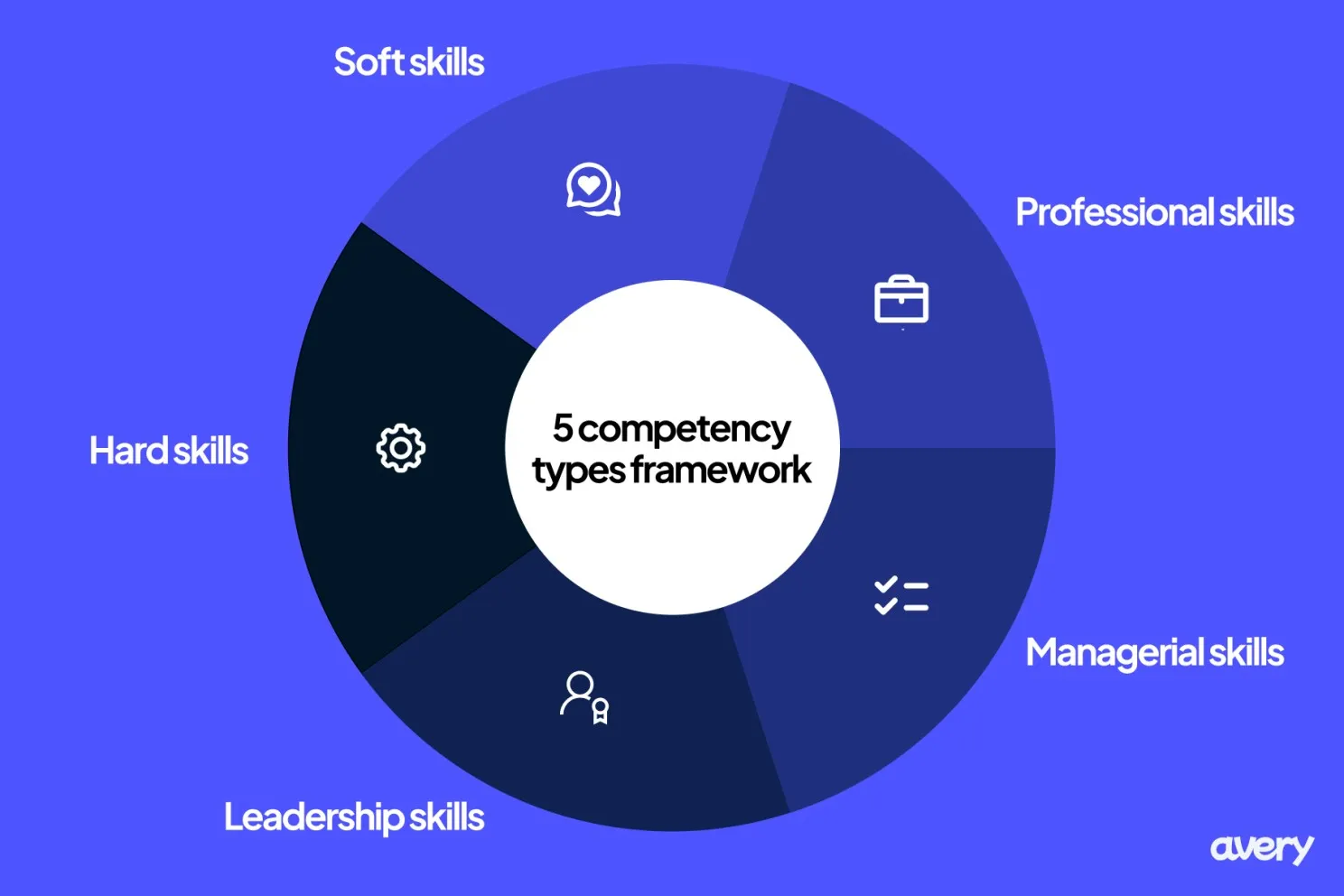
The Human-AI partnership: why "Human-in-the-loop" matters
While AI-driven assessments can increase hiring accuracy by 40%, Giuseppe advocates for a "human-in-the-loop" model that leverages technology's scalability while preserving human judgment.
"Technology can already provide significant support in the selection phase, but it cannot replace talent acquisition professionals," he explains. Instead, AI frees up recruiters to focus on relationship-building, candidate engagement, and guiding people through career transitions.
This balanced approach addresses a critical concern: algorithmic bias. As Giuseppe notes, "training data is inherently shaped by unavoidable human prejudices — something we, as humans, can mitigate, whereas machines tend to amplify them." With skills requirements changing 66% faster in AI-exposed occupations, human oversight becomes even more crucial.
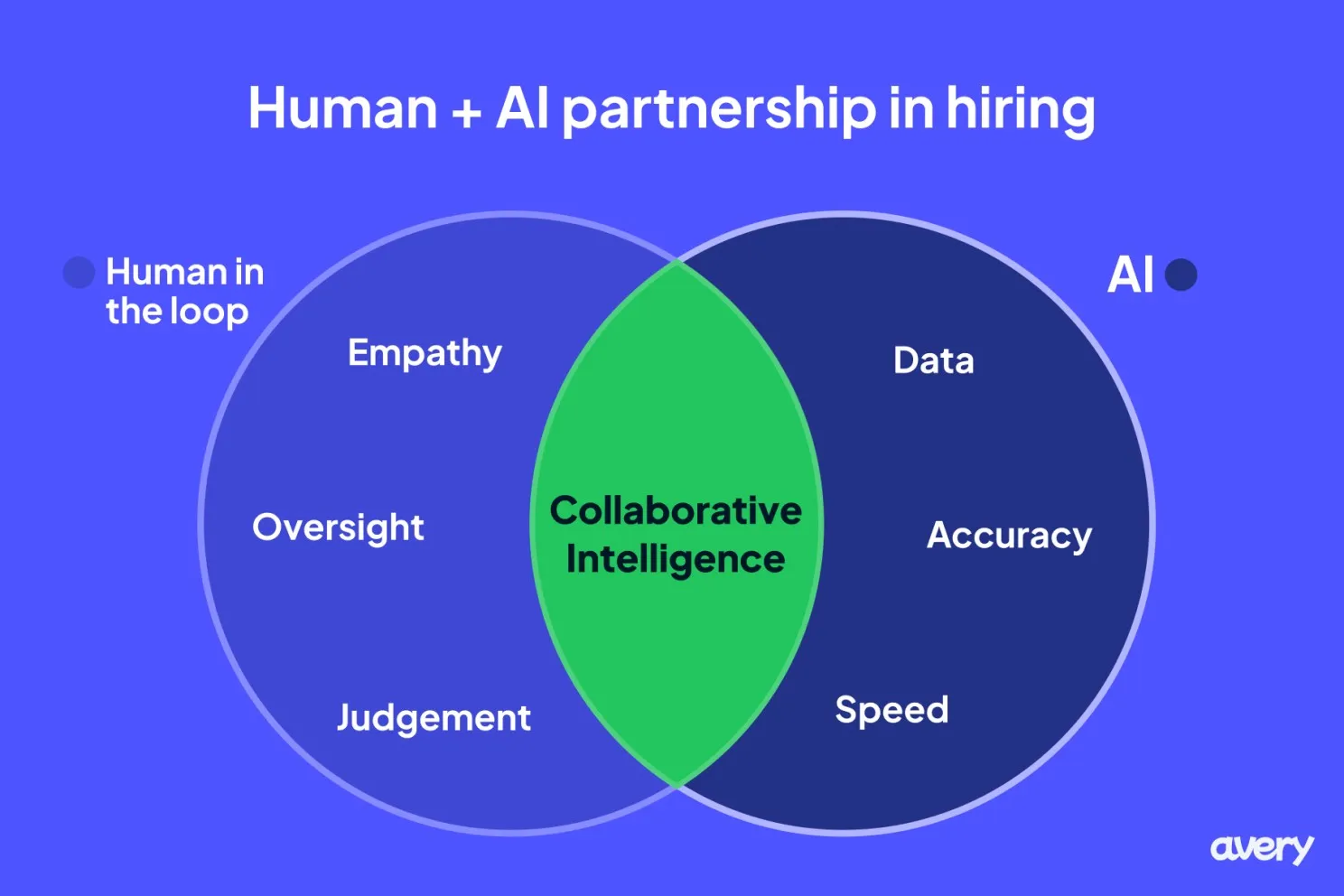
The adaptability factor: balancing current skills with learning agility
Perhaps the most intriguing insight from Giuseppe concerns how organizations should evaluate candidates in rapidly evolving fields. The solution, while complex, involves weighing current skills against what he calls an "agility factor."
"This factor will tell us how important it is for the person to already know how to do the job versus how important it is for them to be adaptable enough to learn others,"
Giuseppe explains. This represents a fundamental shift from static skill assessment to dynamic capability evaluation.
This approach becomes critical when considering that investment in micro-credentialing is projected to reach $20 billion by 2050. But Giuseppe draws an important distinction: traditional education builds foundational thinking and networking capabilities, while micro-credentials demonstrate specific, immediately applicable skills. For technical roles, these targeted credentials carry significant weight; for strategic positions, foundational thinking often matters more.
The practical implication? Stop asking "Where did you study?" and start asking "What can you build, solve, or achieve?"
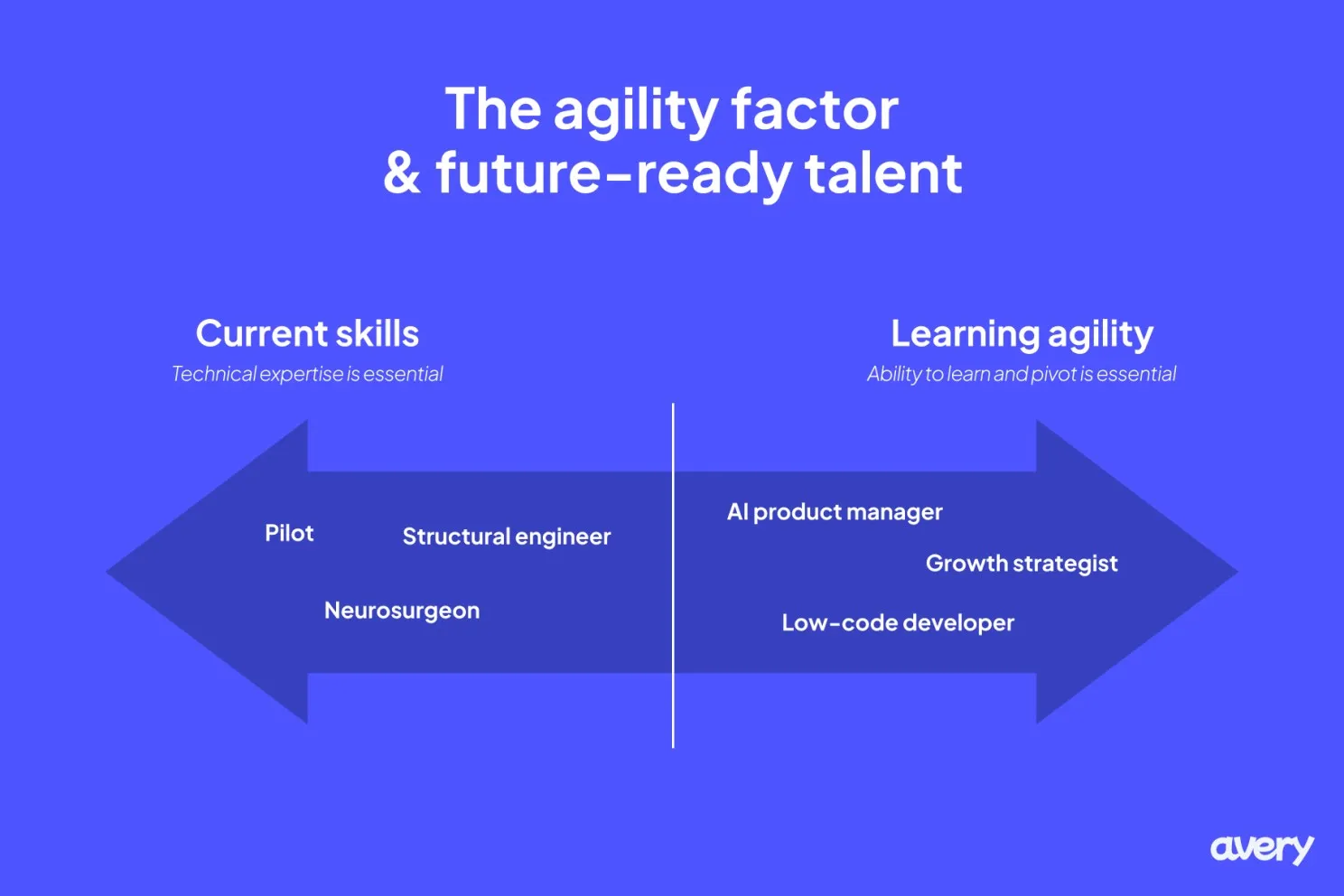
The soft skills paradox: what technology can't replace
While 94% of talent professionals recognize that soft skills predict promotability, 57% struggle to assess them effectively. This is where Giuseppe sees the greatest gap between technological capability and human need.
"Technology is nowhere near capable of conducting such complex evaluations on its own — and I doubt it will be in the short term," he observes.
Instead, he advocates for proven behavioral assessment techniques detailed in "Talent Acquisition with a Skill-Based Approach in the Age of Artificial Intelligence": STAR methodology, Behavioral Event Interviews, Situational Judgment Tests, and role-playing exercises, supplemented by scientifically validated tools like Big Five personality assessments.
This human-centered approach to soft skills assessment becomes increasingly important as companies report that 90% saw increased diversity after implementing skills-based hiring. The nuanced evaluation of interpersonal competencies requires human insight that current AI cannot replicate.
Giuseppe's preferred method: The critical incident technique, which reveals how candidates actually behave under pressure — not how they think they should behave in hypothetical scenarios.
Change management: the human nature challenge
Perhaps the most honest insight from Giuseppe concerns the resistance to change within organizations. Despite proven benefits — companies using skills-based hiring see 78% reduced cost-to-hire and 81% reduced time-to-hire—many hiring managers still prefer traditional credentials.
"Change management is becoming increasingly complex because it's a battle against human nature," Giuseppe explains. "Most of us dislike change and resist it, so it's never just a matter of new systems, tools, or technologies."
The solution lies in making people feel actively involved in the transformation. Success depends on engaging teams from the beginning in redefining job roles and selecting assessment tools. This participatory approach transforms resistance into ownership.
Here's what this looks like in practice: Instead of mandating new assessment tools, involve your hiring managers in testing and refining them. Make them co-creators, not victims of change.
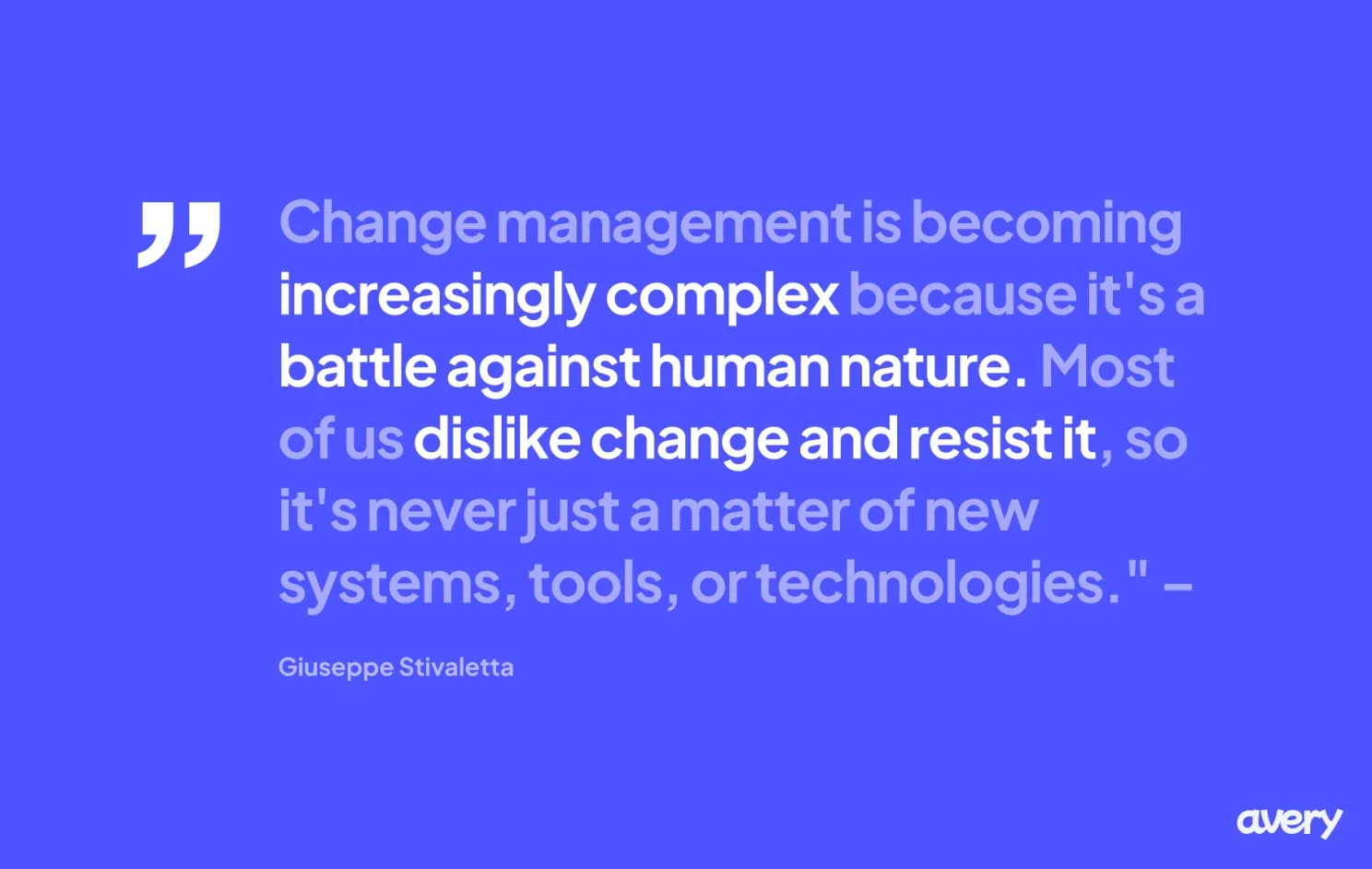
Looking forward: the real revolution
As we examine the global trend — from major corporations like Google and IBM removing degree requirements to the Netherlands setting a goal for 80% of workers to have skills-matched jobs by 2030 — it's clear that skills-based hiring represents more than a methodology shift.
The real revolution isn't just about eliminating degree requirements; it's about creating more human-centered, adaptable, and equitable approaches to talent evaluation. It's about recognizing that in a world where skills become obsolete faster than ever, the ability to learn and adapt matters more than historical credentials.
Organizations that succeed in this transformation will be those that embrace both technological innovation and human insight, creating assessment processes that evaluate not just what candidates know today, but their capacity to grow with tomorrow's challenges.
The future of hiring isn't just skills-based—it's human-centered, technology-enhanced, and built for continuous adaptation. And that future is already here for those ready to embrace it.
The bottom line: While your competitors debate whether to adopt skills-based hiring, the smart money is already figuring out how to do it better. The question isn't whether you'll make this transition—it's whether you'll lead it or follow it.

